Does Chocolate Cause Acne? 3 Science-Backed Facts
Dive into the science behind chocolate’s influence on acne formation, separating fact from fiction.
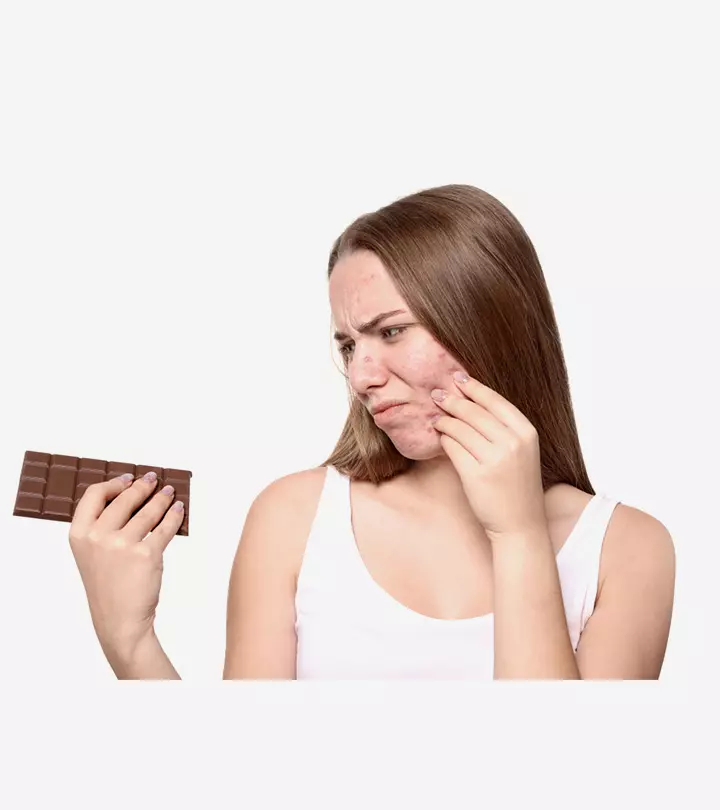
Image: ShutterStock
A box of chocolate can be an instant stress buster or happiness booster. However, a few believe chocolate can trigger acne. But does chocolate cause acne? What is the connection? Are there scientific studies to prove this claim? If you love chocolate but avoid it for fear of acne breakouts, you may read this. In this article, you will find answers to all your doubts regarding the connection between chocolates and acne. Keep reading to know more.
In This Article
Chocolate And Acne Is There Any Link?
Does chocolate give you pimples? Well, it is widely believed that chocolate causes acne in certain individuals. But, currently, the scientific communitys take on whether chocolate causes acne is inconclusive (1). However, there are many studies that speculate it may be partially responsible. Lets take a look at them:
- A study conducted in Brazil speculated that the biologically active compounds in chocolate can affect acne (2).
- There have also been several studies that have shown that chocolate exacerbates acne (3), (4). But the sample size, lack of control group, and an inconsistent methodology have put them under scrutiny (5).
- Other ingredients in chocolate bars such as dairy and sugar have also been established to cause acne (5).
Further research is required to prove that eating chocolate can aggravate acne. We suggest that you maintain a food journal to identify which foods trigger your acne and if chocolate is one of them. You can also track how other foods that cause acne affect your skin.

Chocolate is also believed to offer many benefits for your skin. Find out more in the next section.
Key Takeaways
- Chocolate may cause or worsen acne in certain people.
- The milk and sugar in milk chocolate have been linked to acne.
- However, according to several studies, cocoa moisturizes the skin while protecting it from oxidative damage and aging.
Is Chocolate Good For Your Skin?
Yes. Research shows that cocoa powder and dark chocolate are nutrient-dense and rich in antioxidants and flavonoids (6), (7).
- Cocoa can protect the skin from oxidative damage from UV radiation when applied topically (7). Thus, it is speculated to have anti-aging benefits like smoothening out fine lines and wrinkles and preventing skin damage with its high antioxidant content.
- A study conducted in the UK showed that the flavonoids found in chocolate can improve blood flow to the skin and protect it from sun damage (8).
- In fact, a study conducted in Germany reported that women who consumed cocoa powder (which is rich in flavanol) for 12 weeks had improved skin health. It was observed that the thickness of their skin increased and the transepidermal water loss from their skin decreased (9).
Therefore, you can include a limited quantity of chocolate in your diet for the many benefits it offers.
 Did You Know?
Did You Know?But, does that mean you pick up any chocolate bar? Keep reading to learn which type of chocolate is a healthier option.
Does The Type Of Chocolate Make A Difference?
Yes! Dark chocolate is richer in nutrients and antioxidants compared to milk or white chocolate. Milk chocolate contains milk and sugar, which have been linked to acne (5). Moreover, white chocolate does not contain cocoa powder. Hence, it does not contain the antioxidants or flavanols that are beneficial for the skin. So, it is recommended to consume dark chocolate or cocoa powder to reap the benefits of dark chocolate.
 Pro Tip
Pro TipChocolate has been linked to the onset or exacerbation of acne. However, further research involving bigger populations is required to answer whether chocolate causes acne or not. Multiple studies have shown that cocoa powder can hydrate the skin and protect it from oxidative damage and aging. This means that occasionally having a chocolate bar, or two or even three, will not induce acne. However, we recommend keeping a food diary to see if eating chocolate worsens your acne. Depending on your observations, you may further consult a doctor and a nutritionist to understand what is triggering your acne.
Frequently Asked Questions
What are the side effects of chocolate?
Excess consumption of chocolate may lead to side effects like lower bone density and strength and increased bacterial growth on your skin (which may aggravate acne) (10), (11).
What can I replace chocolate with?
You can replace chocolate with a diet rich in fruits, vegetables, and fish that may help in managing your acne (12).
Do sweets cause acne?
Yes, foods and beverages high in sugar have been linked to adult acne as they are believed to have a high glycemic index. This, in turn, may play a role in developing acne (13), (14). They quickly absorb into the bloodstream and rapidly increase blood sugar levels. As a result, the pancreas secretes insulin at a faster rate (15). High insulin level promotes an increase in the rate of androgen synthesis activity, resulting in excess sebum production, which is related to acne severity (16). Therefore, insulin and carbohydrate (sugar) metabolism may play a key role in acne breakouts and severity.
Watch the following video as science delves into the age-old question: Does chocolate truly cause acne? Get insights backed by research to unravel this common myth and discover the truth about this indulgent treat’s impact on your skin.
References
Articles on StyleCraze are backed by verified information from peer-reviewed and academic research papers, reputed organizations, research institutions, and medical associations to ensure accuracy and relevance. Read our editorial policy to learn more.
- Diet and acne: review of the evidence from 2009 to 2025
https://onlinelibrary.wiley.com/doi/abs/10.1111/ijd.15390 - Acne and Chocolate: Is There Any Evidence of Their Association?
https://link.springer.com/chapter/10.1007/978-1-61779-803-0_39 - Dark chocolate exacerbates acne
https://onlinelibrary.wiley.com/doi/abs/10.1111/ijd.13188 - Double-blind, Placebo-controlled Study Assessing the Effect of Chocolate Consumption in Subjects with a History of Acne Vulgaris
https://www.ncbi.nlm.nih.gov/pmc/articles/PMC4025515/ - Diet and acne: a review of the evidence
https://onlinelibrary.wiley.com/doi/epdf/10.1111/j.1365-4632.2009.04002.x - Cacao seeds are a “Super Fruit”: A comparative analysis of various fruit powders and products
https://bmcchem.biomedcentral.com/articles/10.1186/1752-153X-5-5 - Cocoa and Chocolate in Human Health and Disease
https://www.ncbi.nlm.nih.gov/pmc/articles/PMC4696435/ - Eating chocolate can significantly protect the skin from UV light
https://pubmed.ncbi.nlm.nih.gov/19735513/ - Long-term ingestion of high flavanol cocoa provides photoprotection against UV-induced erythema and improves skin condition in women
https://pubmed.ncbi.nlm.nih.gov/16702322/ - Continuous Dark Chocolate Consumption Affects Human Facial Skin Surface by Stimulating Corneocyte Desquamation and Promoting Bacterial Colonization
https://www.ncbi.nlm.nih.gov/pmc/articles/PMC6169599/ - Chocolate consumption and bone density in older women
https://pubmed.ncbi.nlm.nih.gov/18175753/ - Acne Vulgaris: A Disease of Western Civilization
https://jamanetwork.com/journals/jamadermatology/fullarticle/479093 - Association Between Adult Acne and Dietary Behaviors
https://jamanetwork.com/journals/jamadermatology/fullarticle/2767075 - Diet and acne: A systematic review
https://www.ncbi.nlm.nih.gov/pmc/articles/PMC8971946/ - Physiology Carbohydrates
https://www.ncbi.nlm.nih.gov/books/NBK459280/ - The Relationship Between Acne Vulgaris and Insulin Resistance
https://www.ncbi.nlm.nih.gov/pmc/articles/PMC9964714
Read full bio of Dr. Anna H. Chacon
Read full bio of Annie Jangam
Read full bio of Eshna Das
Read full bio of Monomita Chakraborty








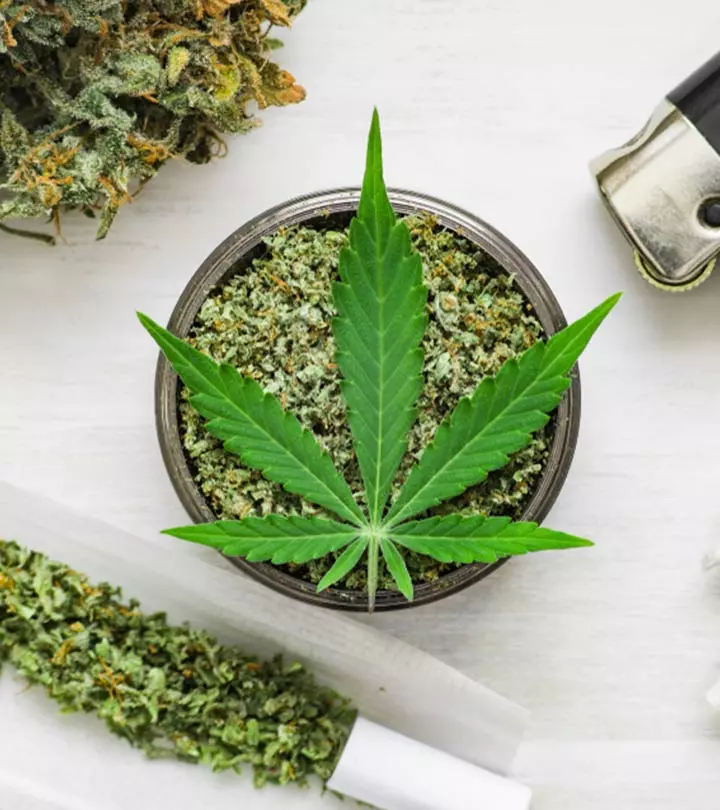
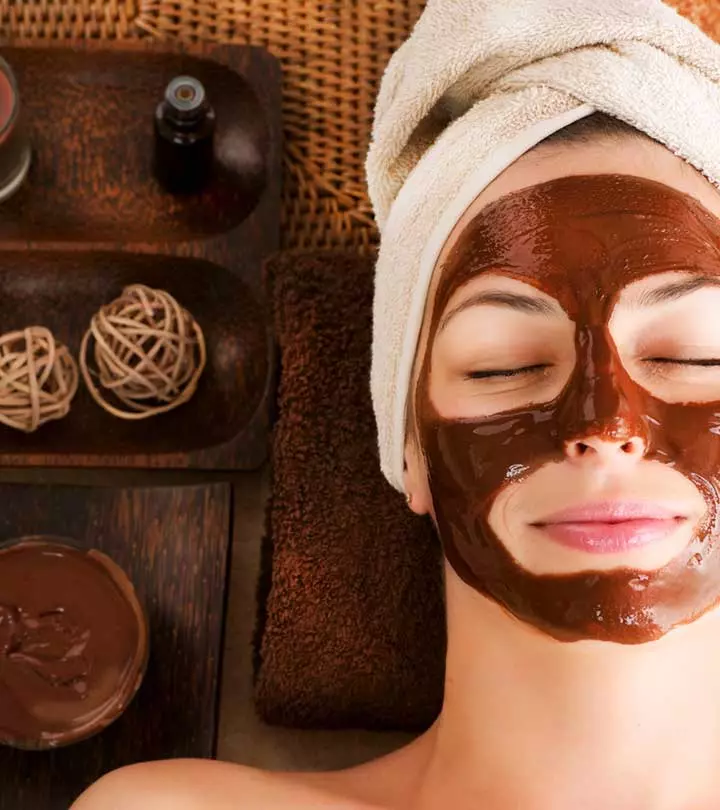
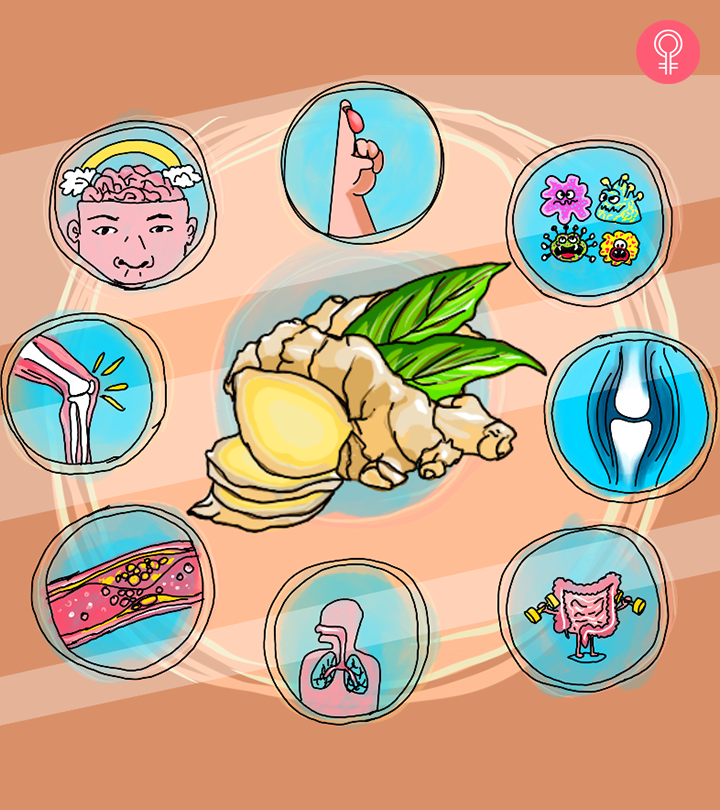
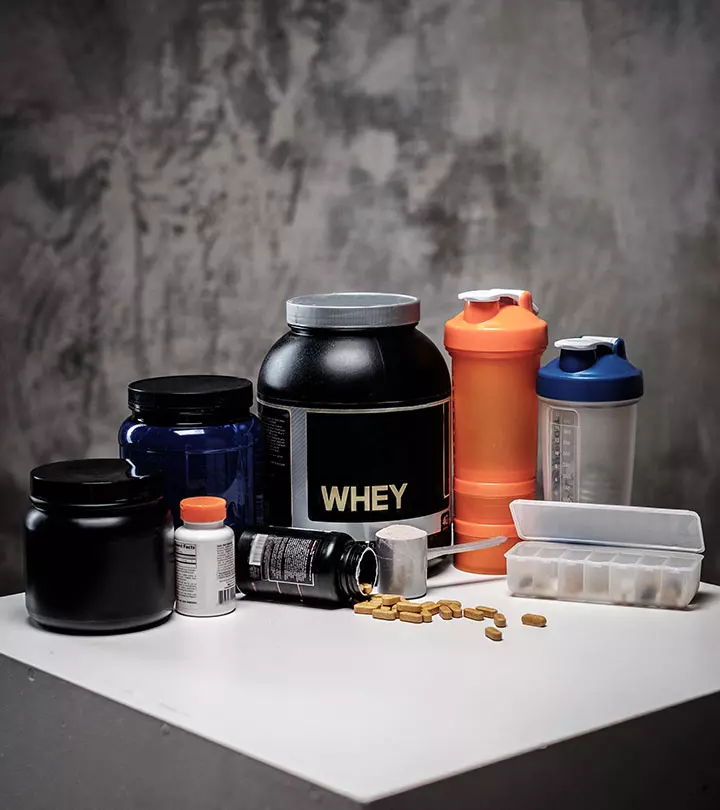
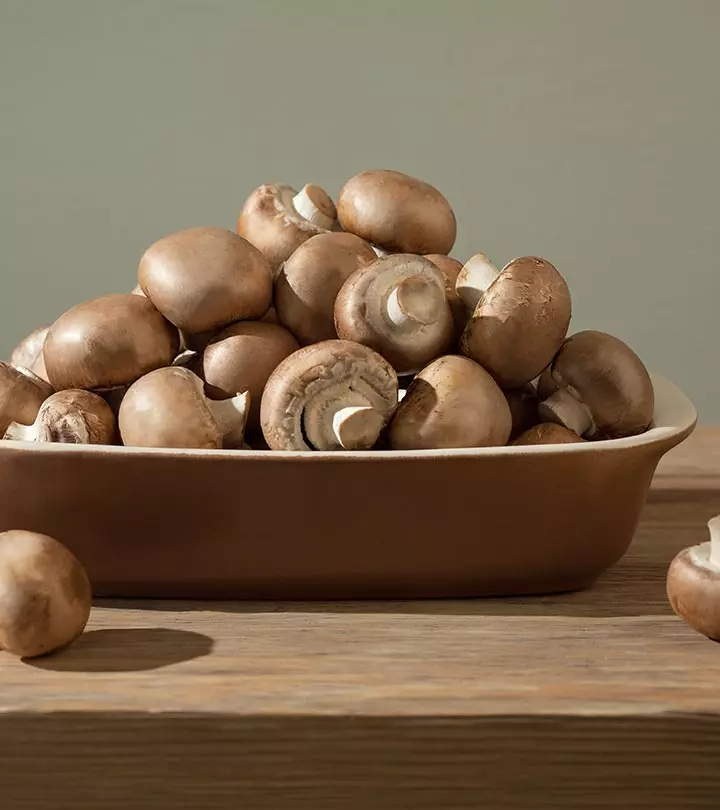
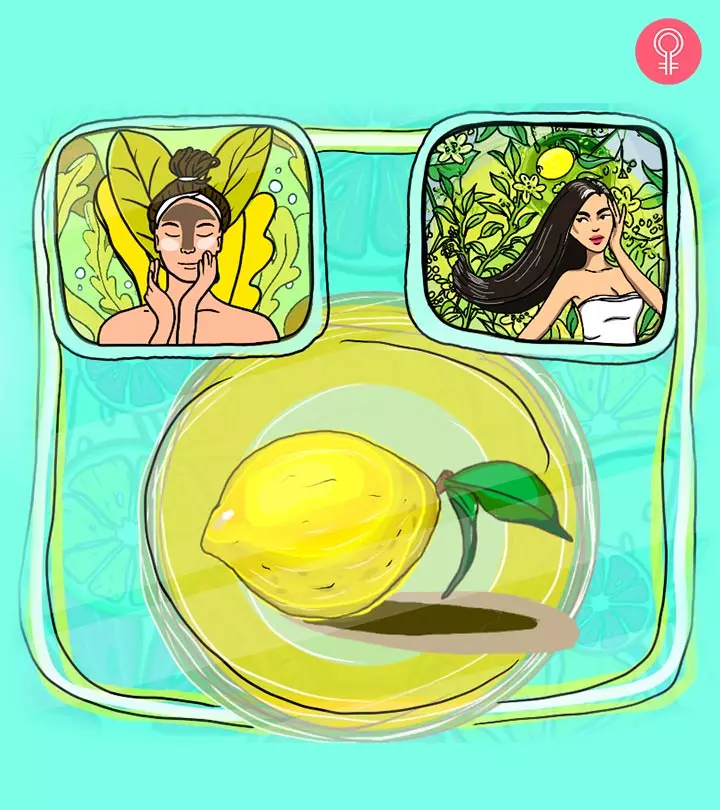
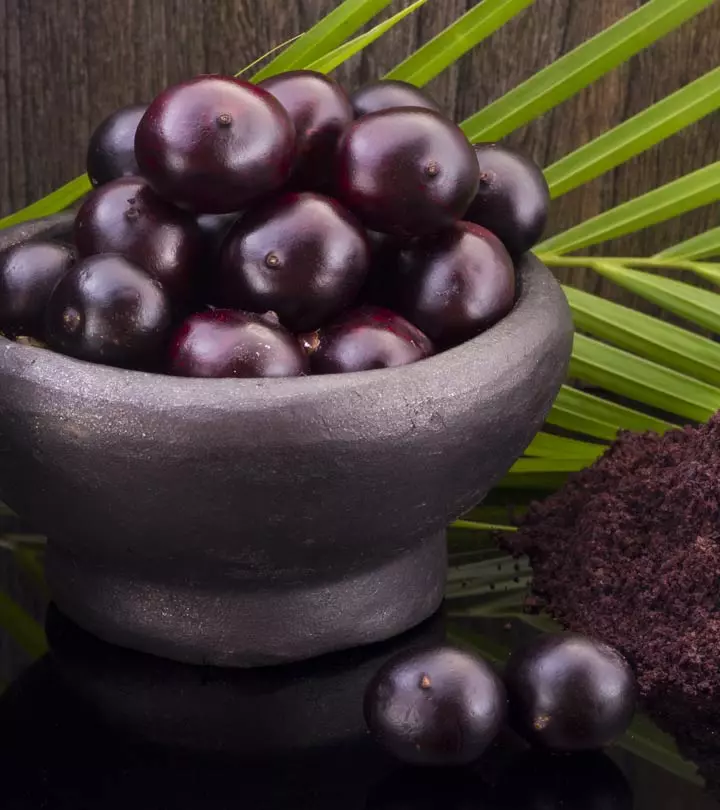
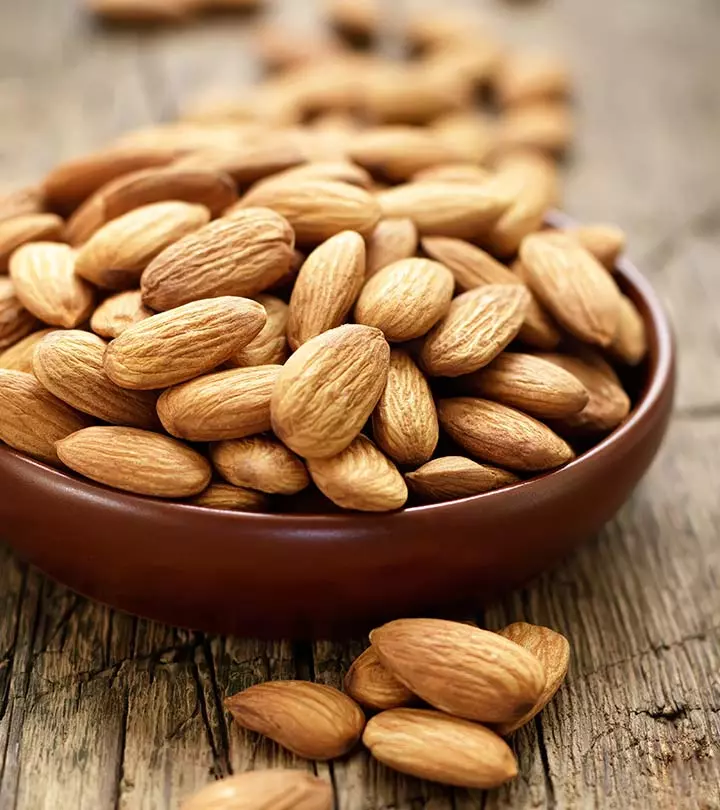
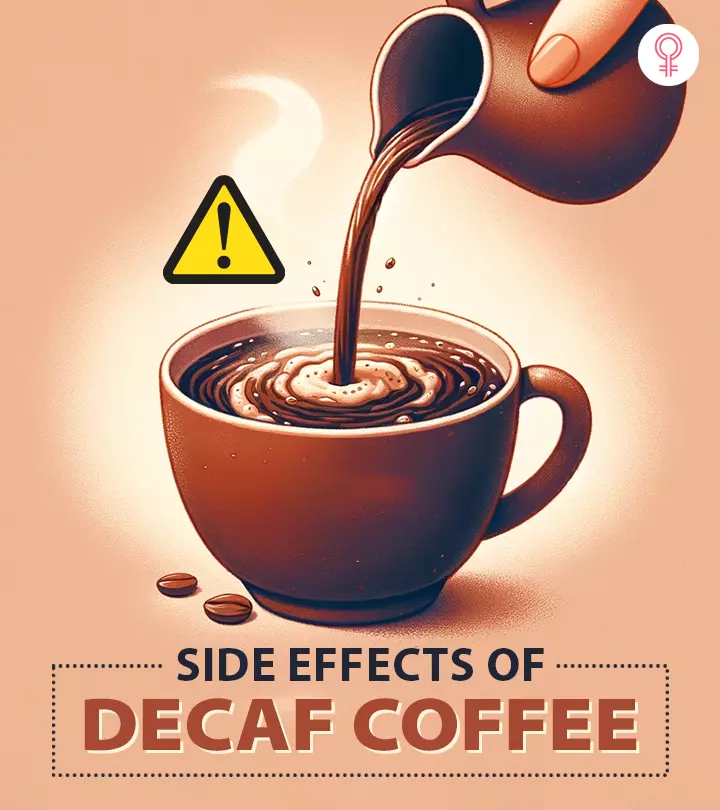
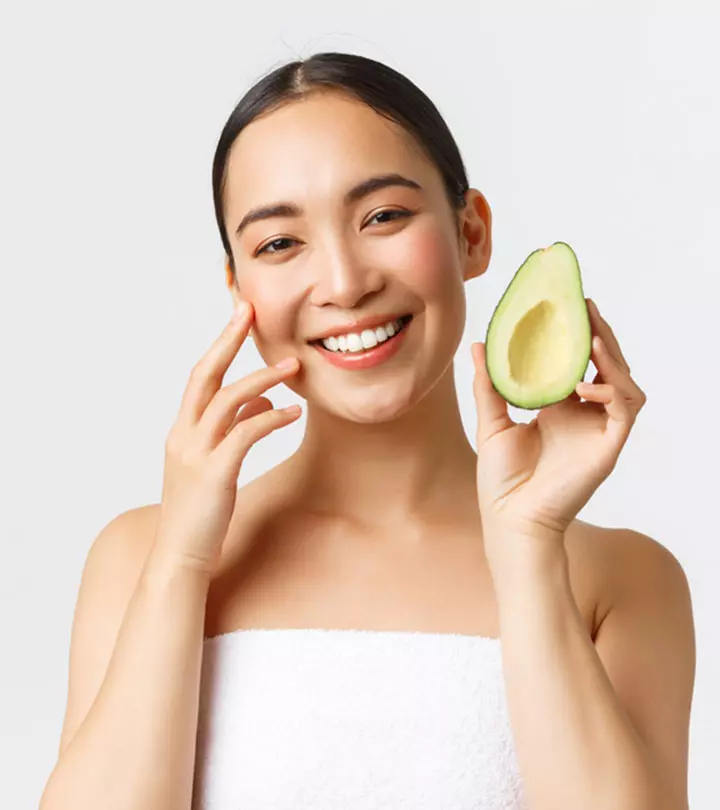
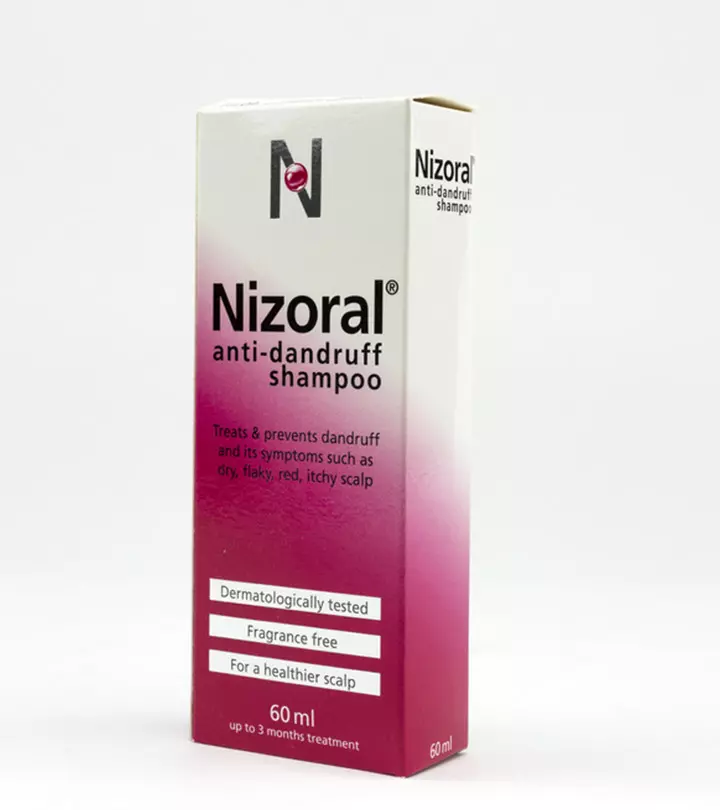

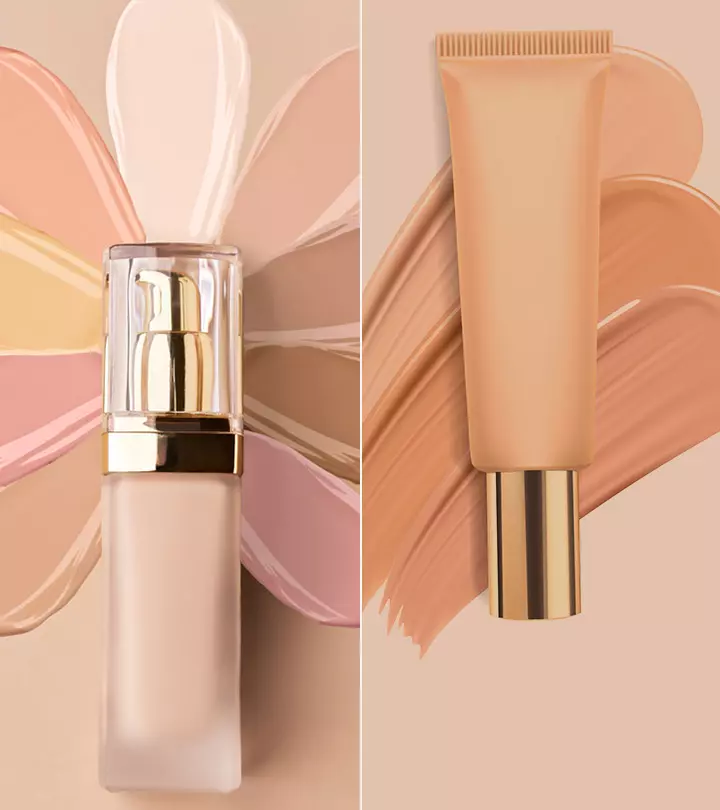
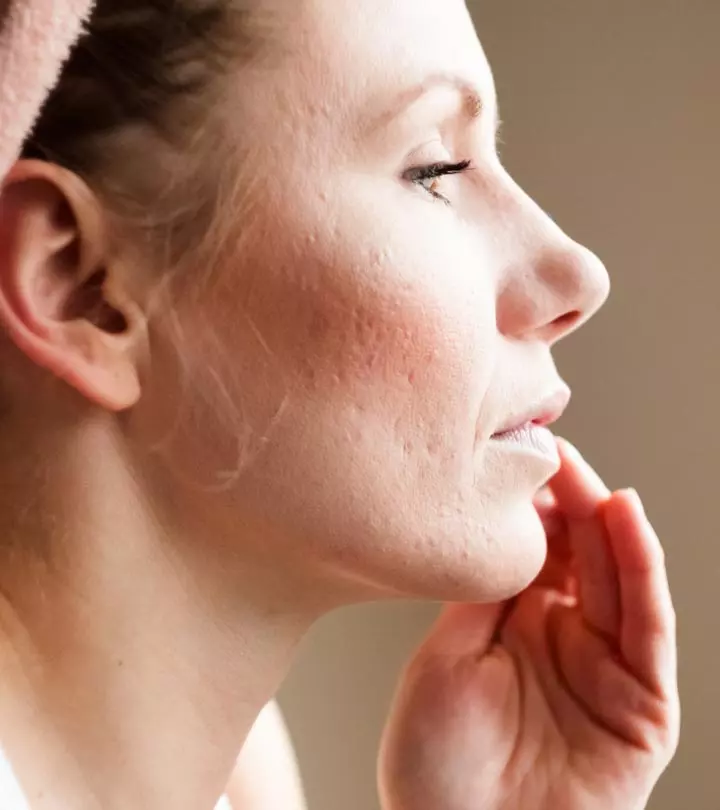
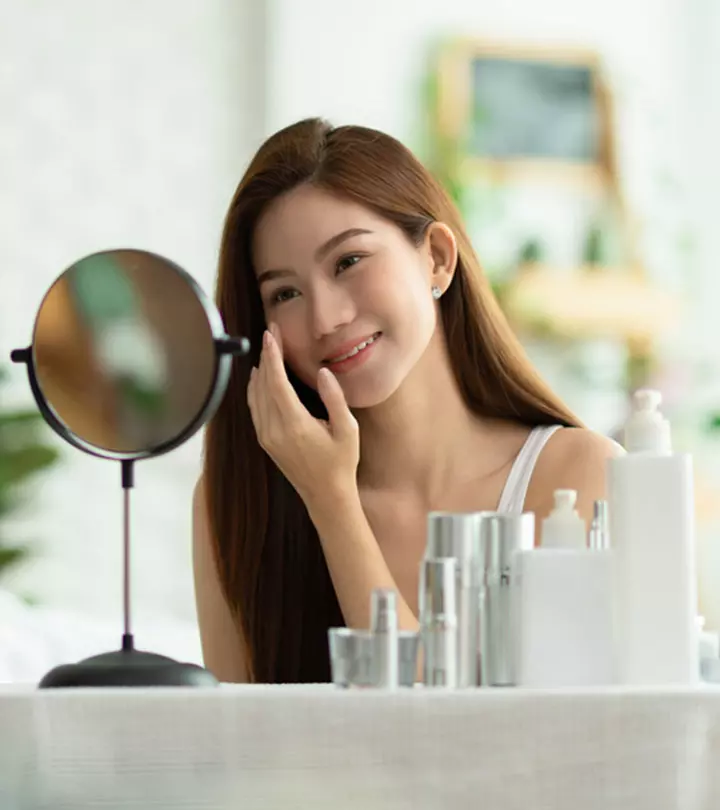
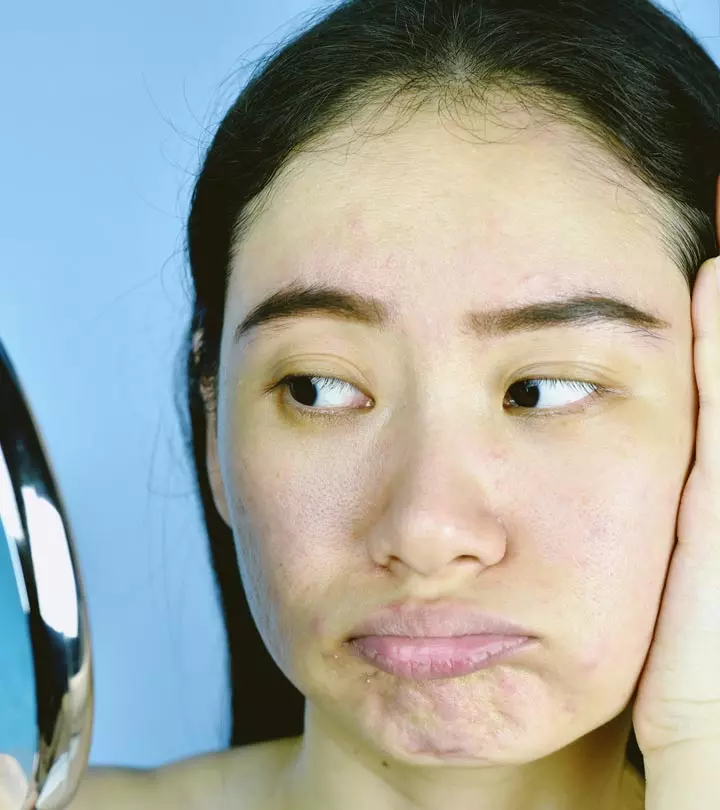
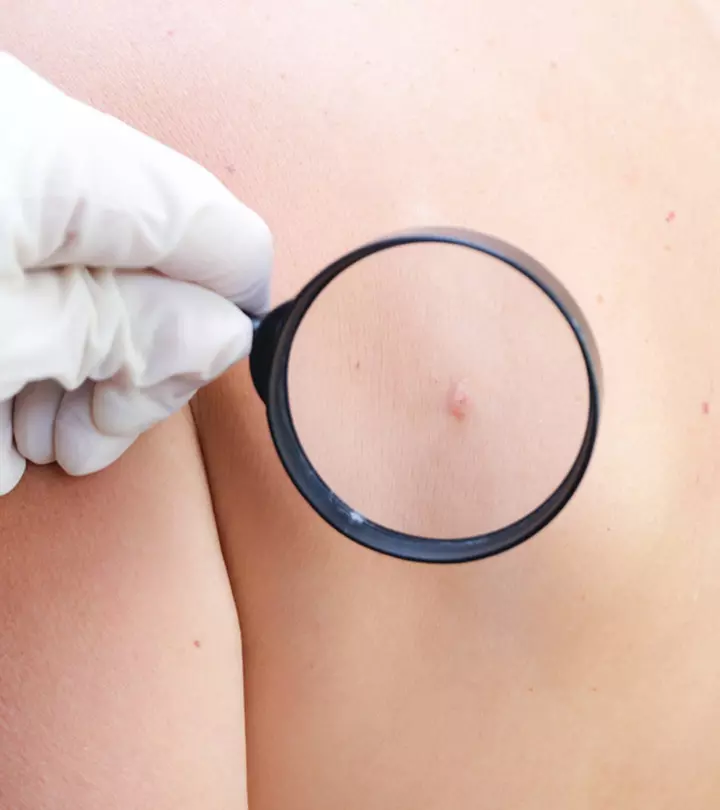
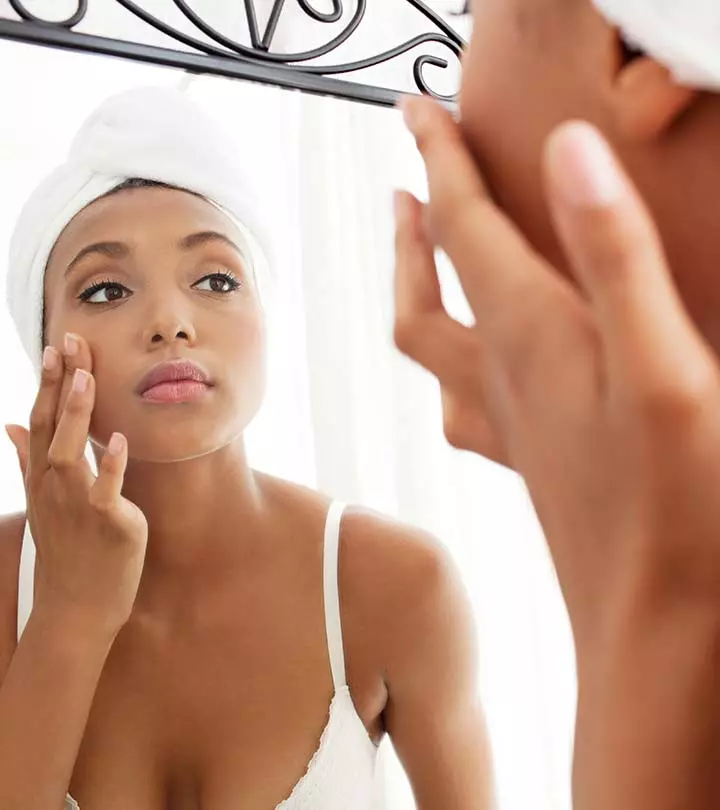
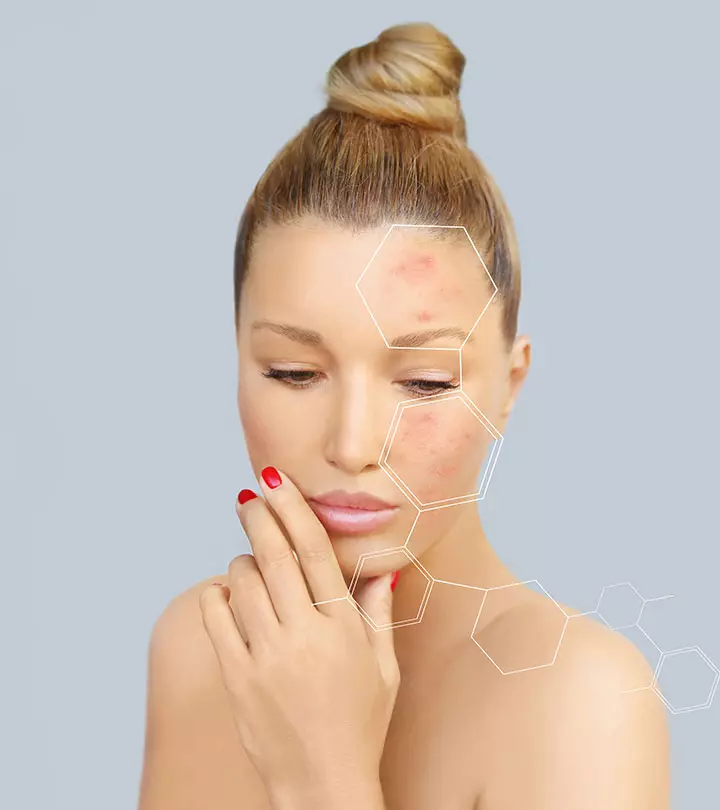
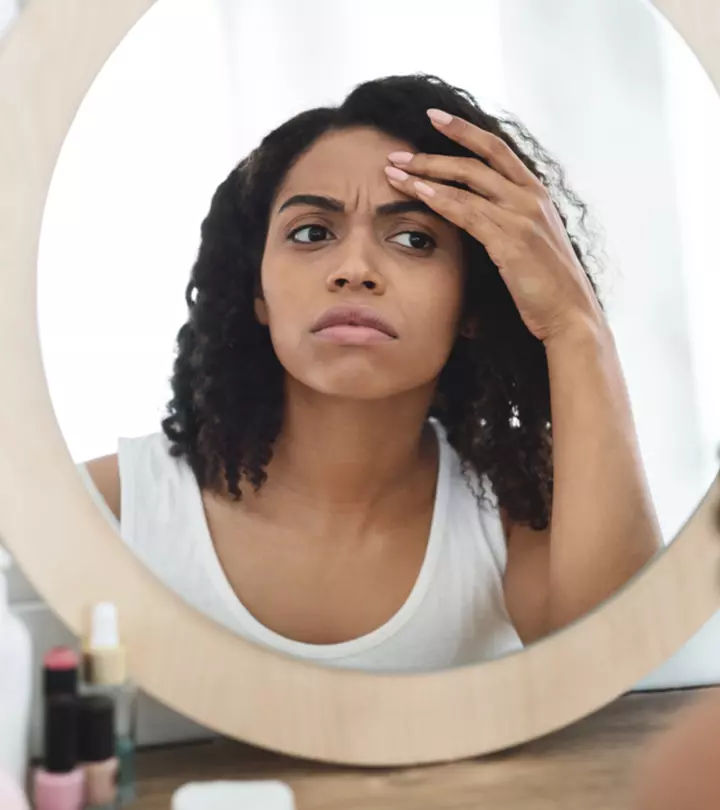
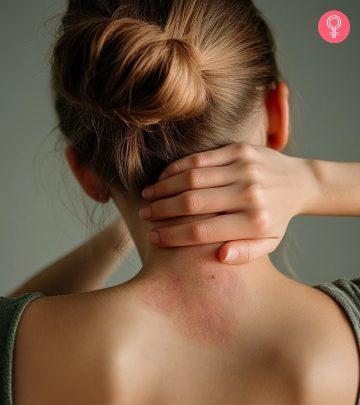
Community Experiences
Join the conversation and become a part of our empowering community! Share your stories, experiences, and insights to connect with other beauty, lifestyle, and health enthusiasts.